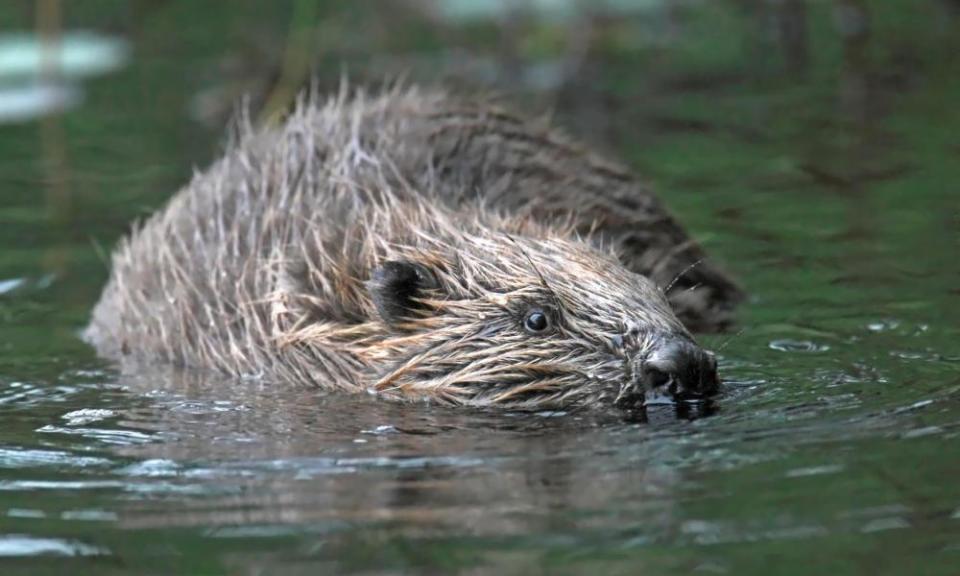Safer swimming for people and wildlife

I am concerned by calls for increased regulation and restrictions that could affect the many people who swim safely in lakes and rivers (Loch Lomond: calls for safety measures after four people drown, 26 July).
If the relevant authorities can afford to deploy extra lifeguards and patrols, it would be welcome, but if they can’t, the alternative should not be to restrict access to water. Rather, we should think of improving the swimming or wellbeing curriculum in schools so that all children not only learn to swim but are also introduced to dark water and learn about tides and currents. This knowledge will not only help to keep them safe, but can also feed into their understanding of geography and physics.
Margaret Dickinson
London
• Pat Simmons and Paul Williams (Letters, 30 July) may well both be right – wild swimming is not a new phenomenon, nor does one individual splashing about among the wildlife do much, if any, harm. However, like all activities which are harmless when very few people do them (climbing Mount Everest, chopping down a few trees to make a field to grow crops, paving over a front garden), wild swimming becomes problematic when loads of people do it on a regular basis and when the environment they’re doing it in is fragile. In addition, I suspect that the water voles Pat remembers from childhood are long gone from the River Wey, and those that survive in other watercourses are critically endangered. Sadly, we and the wildlife are not living in the 1960s, and we have to take their lives into account far more than we thought we needed to then.
Isabella Stone
Sheffield
• Like Pat Simmons, when I learned to swim 70-odd years ago, it was actually in the Thames at Wolvercote; the Cherwell only joins the Thames a mile or so further downstream. The Cherwell then boasted two bathing spots – Parson’s Pleasure and Dame’s Delight – now both, sadly, defunct and left alone for any surviving wildlife.
Richard Harley
Ropley, Hampshire
• Have an opinion on anything you’ve read in the Guardian today? Please email us your letter and it will be considered for publication.

 Yahoo Movies
Yahoo Movies 